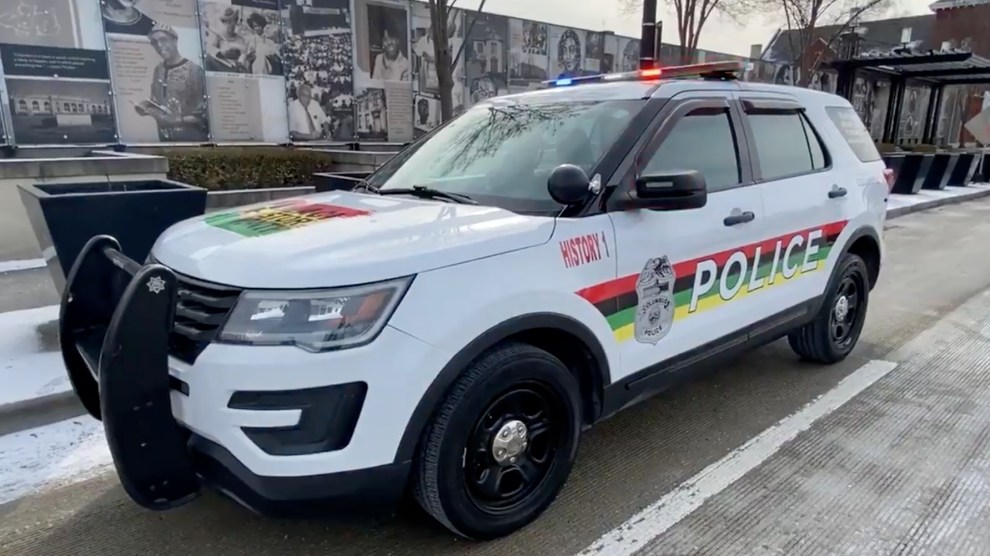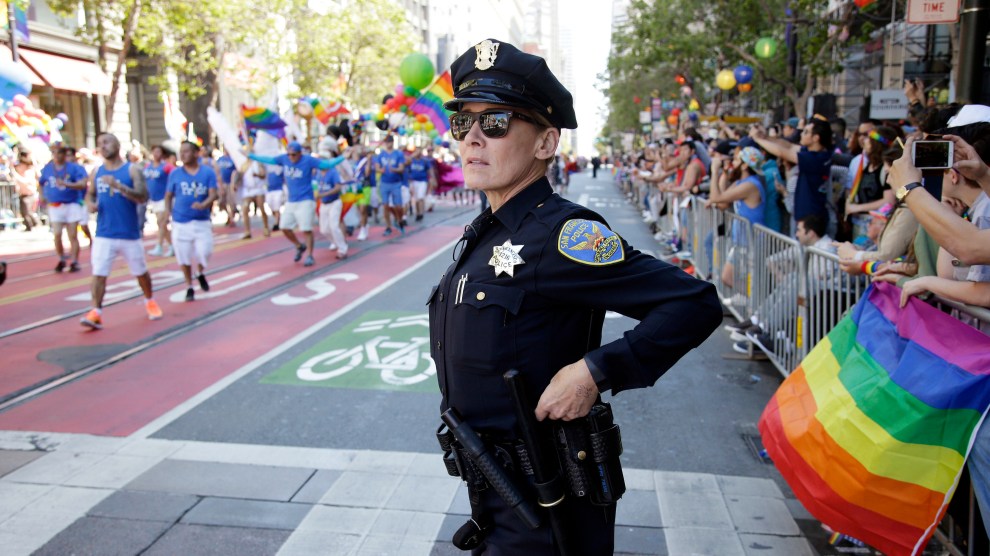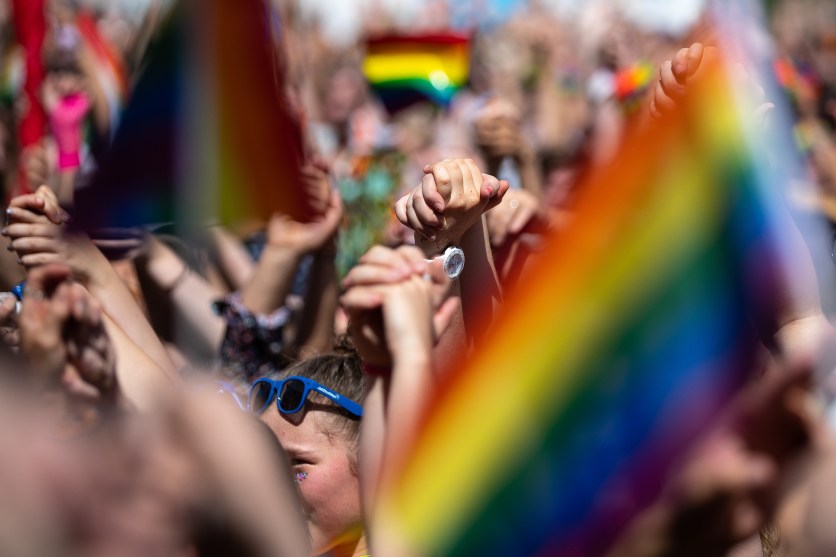
NOLA.com
The New Orleans Police Department on Wednesday pulled a new recruitment video featuring, among many things, rainbows and Big Freedia backup dancers, that had aimed to promote a more diverse workforce after the video instantly attracted a flood of homophobic comments and hate speech.
“The immediate reactions were just hate—horrible, slanderous, makes-your-heart-sink type comments, like, ‘The NOPD doesn’t hire sissies. Why are these grown men shaking ass?'” Crista Rock, who directed the video in partnership with the police department, told NOLA.com. “I also personally got a lot of hate messages.”
But Rock is slamming the department’s decision to remove the ad, calling it the “worst move” they could have made.
“Rather than stand beside their officers who are LGBTQ, the NOPD pulled the ad and ran the other direction, which in my opinion, is the worst move they could ever have made,” Rock continued. The ad, dubbed “Everywhere Else is Cleveland,” a nod to playwright Tennessee Williams, was a part of the city’s broader campaign to recruit more police officers.
The incident comes amid a wider push to diversify police departments around the country, particularly after George Floyd was killed in police custody in 2020. But studies show that while diverse police departments can play a role in promoting better treatment of people of color, there are significant limits. In fact, for decades, organizers and historians have argued that attempts at increasing diversity do little to fix the systemic injustices that are baked into the foundation of the US’s criminal justice system. That criticism has only been amplified since the death of 29-year-old Tyre Nichols in Memphis, Tennessee last month.
A similar argument could be made about the New Orleans Police Department’s ad, which even if hadn’t been removed, is not likely to have made a dent in the department’s history of discriminatory policing, including racial and ethnic profiling and LGBTQ discrimination, a Justice Department investigation found in 2011.
Fast forward nearly a decade later, it’s tough to see how a decision to effectively cave to bigoted attacks is supposed to convince anyone, me included, that the New Orleans Police Department is truly serious about systemic change.









